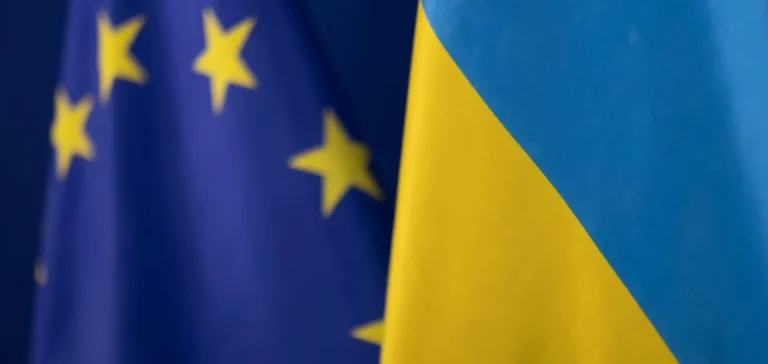European Union finance ministers have endorsed a common strategy to fund Ukraine through a loan mechanism based on frozen Russian assets, estimated at €140bn ($163.3bn) over two years. This approach, described as the “most realistic” by several member states, relies on funds from the Central Bank of Russia, primarily held by Euroclear in Belgium.
A viable and budget-neutral solution
This mechanism, referred to as the “reparations loan”, would replace the frozen Russian cash with AAA-rated zero-coupon bonds issued by the European Commission. The funds would then be transferred to Ukraine as a conditional loan, which would effectively become a grant if Russia pays war reparations to Kyiv. The initiative thus avoids additional debt for national budgets.
The Danish presidency of the Ecofin supported the solution as a top priority, highlighting its financial and political feasibility. “It is the only option capable of combining firepower and the preservation of national budgets,” said Finnish Finance Minister Riikka Purra.
Belgium demands legal guarantees
However, Belgium’s position remains contingent on strong legal guarantees. As the host country of Euroclear, the Belgian government fears litigation in the event of lawsuits initiated by Moscow. It is requesting the European Commission to construct a solid legal framework and is urging other EU member states holding frozen Russian assets to participate in the scheme to spread the risk.
Brussels has initiated bilateral talks with Belgium to finalise the technical and legal details ahead of the next European summit scheduled for December. The core issue remains the speed of fund mobilisation in the event of an unfavourable court ruling, for which Belgium is demanding a member state commitment to repay within three days.
Russia announces retaliation
The Kremlin has responded by denouncing the move as an illegal seizure of its sovereign assets and has threatened retaliation without further details. The EU’s chosen option increases diplomatic risks but appears to provide member states with a fiscally acceptable way forward amid the ongoing conflict.






















